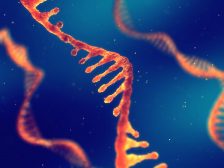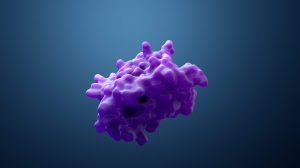Definition
noun
The granules in the cytoplasm of secretory cells containing the zymogen
Supplement
Zymogen granules are cytoplasmic vesicles containing zymogens that are very condensed. Zymogens are the various precursors of an enzyme requiring a biochemical change to become functional. Zymogens are not yet fully functional. They are still in an inactive form until such time a biochemical change occurs. An example of a biochemical change to activate zymogens is hydrolysis. Through hydrolysis, zymogens become fully functional enzymes when the active site of the zymogens is exposed and made available to react biochemically with specific molecules. To reveal their active site hydrolysis alters the configuration of the zymogen or cleaves off the inhibiting peptide unit. These granules are found in secretory cells called zymogen cells.
Zymogen is derived from the Greek zyme which means ferment and genein that means to produce. The term granules comes the Latin granulum or the little grains. Examples of zymogens are angiotensinogen, caspases, chymotrypsinogen, pacifastin, procarboxypolypeptidase, proelastase, prolipase, trypsinogen, and pepsinogen. Pepsinogen is the precursor of pepsin. It is a zymogen produced by the chief cells. They are released into HCl, which partially activates them. They become fully functional enzyme pepsin when the inhibiting peptide unit is removed from them.
See also:
Related term(s):







